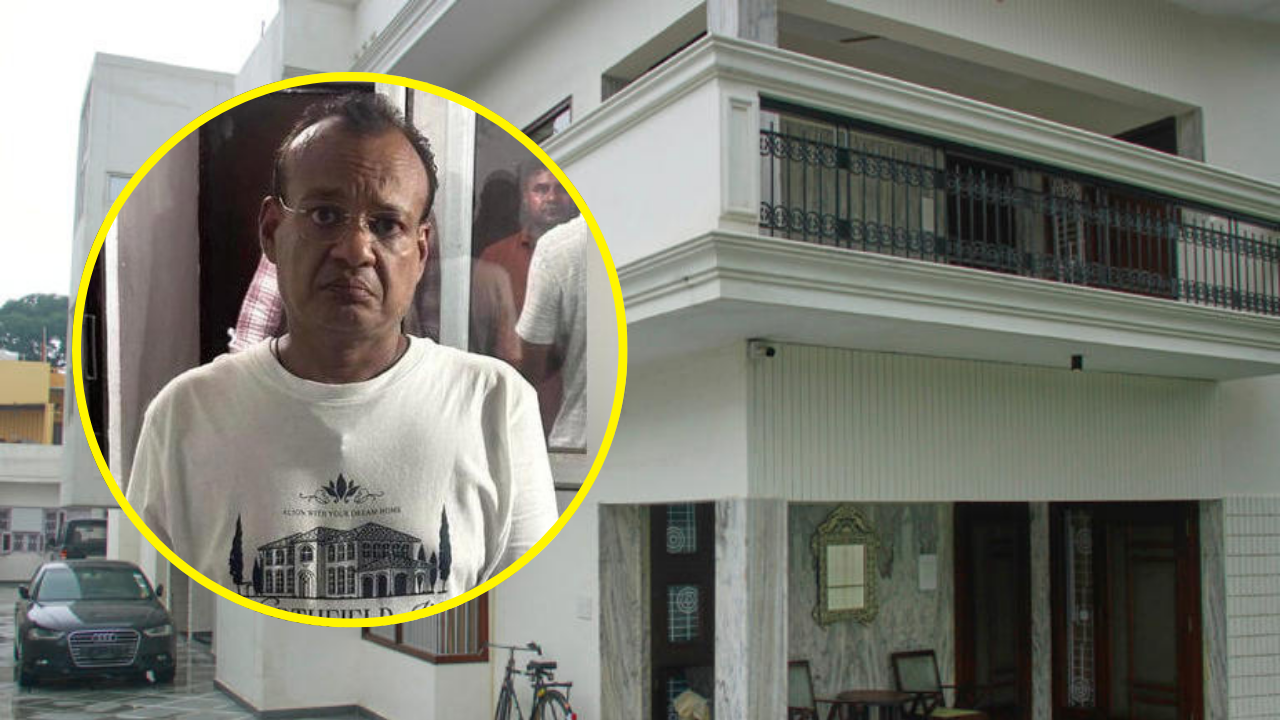A United Nations judge, Lydia Mugambe, 50, has been handed a jail sentence of six years and four months after being found guilty of compelling a young Ugandan woman to work as a slave. The verdict, delivered at a UK court, underscores a grave abuse of power by an individual entrusted with upholding justice on an international stage.
Mugambe, who also serves as a High Court judge in Uganda, exploited her position while pursuing a PhD in law at the prestigious University of Oxford. The court heard how Mugambe systematically prevented the victim from securing stable employment, instead forcing her into domestic servitude.
The victim, whose identity remains protected, had previously been granted asylum in the United Kingdom due to a well-founded fear of persecution in Uganda, a crucial detail revealed by the prosecution Haughey. This context further highlights the betrayal of trust and the precarious situation the victim was placed in.
Despite a plea for leniency from the defense, led by Paul Raudnitz KC, who cited Mugambe's "glittering legal career" and the support she has received since her conviction, the court delivered a significant sentence. Raudnitz also informed the court that Mugambe has since resigned from her position as a UN judge, a move likely preceding or in response to the impending legal repercussions.
Interestingly, a small gathering of supporters rallied outside the courthouse prior to the hearing, holding placards and chanting "Justice for Lydia Mugambe." The basis for this support, in light of the conviction, remains unclear.
Information gleaned from the UN website indicates that Mugambe's appointment to the UN's judicial roster occurred in May 2023, a mere three months after police were called to her residence in Oxfordshire. This timeline suggests that the investigation into her actions was already underway at the time of her UN appointment, raising questions about the vetting processes involved.
This case sends a powerful message about accountability and the unwavering commitment of the UK justice system to protect vulnerable individuals from exploitation, regardless of the perpetrator's international standing. The lengthy sentence reflects the severity of the crime and the profound impact it had on the victim's life. The international legal community will undoubtedly be grappling with the implications of this case, which casts a shadow over the integrity expected of those serving in judicial roles within the United Nations. Further investigations into potential oversights in Mugambe's UN appointment may also be warranted in the aftermath of this landmark conviction.


_4.jpg)





.svg)



